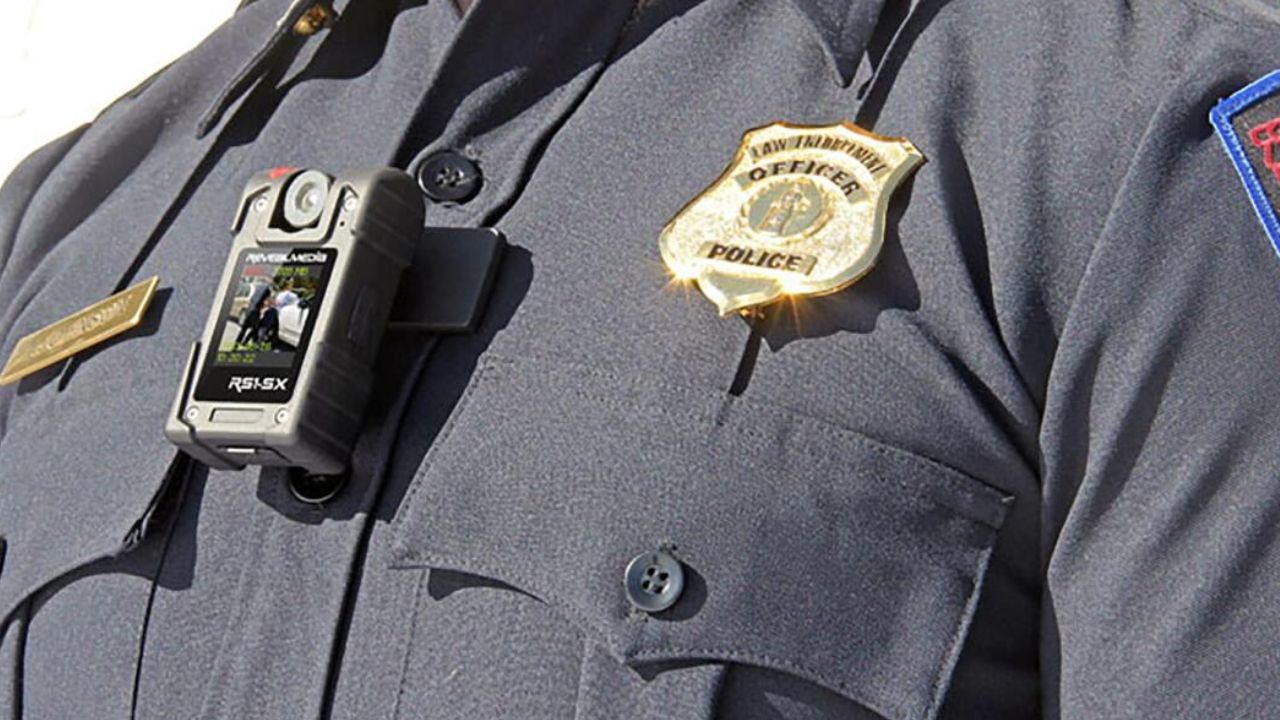Body-worn cameras (BWCs) have a complex impact on the conduct of people they record. They encourage de-escalation and lessen the use of force in interactions with law enforcement while fostering responsibility and professionalism.
Law enforcement personnel now carry small body cameras with them at all times, which improves accountability and openness in their dealings with the public.BWCs improve public trust by promoting polite and cooperative behavior, increasing openness, and maintaining an unbiased record of events.
Individuals may also experience emotions of surveillance and privacy concerns, which can result in different responses. The way that BWCs affect behavior depends on the particulars and the policies that are in place, thus using them responsibly requires striking a balance between privacy, accountability, and transparency.
What Is The Impact Of BWCs On Police Officer Behavior During Interactions?
Police officers’ behavior during interactions is positively impacted by body-worn cameras (BWCs), which promote more responsibility, professionalism, and adherence to departmental standards.
Officers are more likely to adopt de-escalation techniques and effective communication, which lowers the use of force and encourages adherence to the law. Being aware that one is being filmed promotes polite and respectful behavior, and the impartiality of BWC recordings increases accountability and transparency.
This fosters stronger ties among the community and raises public confidence in police enforcement. However, based on the circumstances and individual considerations, the precise impact of BWCs on officer behavior may differ.
Enhanced Accountability:
When wearing BWCs, officers typically behave more responsibly and professionally since they are aware that their activities are being filmed. Better adherence to established norms and recommendations may result from this.
Improved Communication:
Since officers are aware that their words and deeds are being recorded, BWCs encourage improved communication among cops. Officers could use verbal de-escalation tactics that work better. Although BWCs generally have a favorable effect on police behavior, it’s vital to recognize that not every interaction will be impacted in the same manner.
De-escalation:
Since officers are more likely to employ non-lethal methods to settle disputes, the presence of BWCs frequently promotes de-escalation techniques. They could be less inclined to use force when it isn’t necessary. The particulars of the situation, the traits of each officer, and the camera itself all influence how people behave during exchanges.
Adherence to Policies:
Since infractions are videotaped, the awareness of being videotaped encourages adherence to departmental policies and procedures. This causes law enforcement organizations to develop a compliance culture.
Professionalism:
BWCs encourage professional conduct and discourage language or behavior that is not throughout contacts. Officers are typically more polite and considerate. Officers are more inclined to obey the law and behave in line with their training when they are aware that their activities are being objectively recorded, which lowers the possibility of misbehavior.
Enhanced Public Trust:
As a result of the public’s perception of increased accountability and openness in law enforcement contacts, BWCs help to enhance public trust. More beneficial ties within the community may result from this. Research has demonstrated that cops using body-worn cameras (BWCs) use less force overall, suggesting that the camera’s presence can discourage the use of excessive or needless force.
Final Words
Body-worn cameras (BWCs) have been shown too dramatically and typically positively impact police officer conduct during interactions. They promote accountability, professionalism, adhering to rules, and improving communication, all of which lessen the need for force and raise transparency. Consequently, there’s a rise in public trust and societal cohesion. It’s important to realize, though, that the exact effect of BWCs on an officer’s behavior might vary based on the circumstances and the person, which highlights the need to use this technology sensibly and appropriately.
